As knowledge is transmitted to new generations it changes constantly, being reinterpreted and reinvented by children and youth. It can be studied only through its circulation and deployment, not as an object in itself. The need to know is universal, but knowledge is always framed by tenets particular to each culture, and it must be studied transculturally.
Transfer of Knowledge and Children’s Agency: Reconstructing the Paradigm of Socialization is a transcultural study of knowledge transmission. The essays deal with a wide variety of socialization contexts ―schools and youth culture, apprenticeship, ideals of youth and childhood―from India, China, South-East Asia and Europe. They include examples from indigenous peoples, from particular occupational groups in ‘traditional’ societies as well as youth in ‘modern’ society. The knowledge transmitted spans from dance, painting or weaving to astrology, traditional medicine and business acumen, but these skills are everywhere framed by culturally specific conceptions of the person as differentiated by age, gender and ethnic identity―or indeed of the ageing process itself. Throughout the book, transmission of knowledge is shown to be a complex process where children and young people take an active part in reshaping and reformulating the cultural content of the society in which they live. Yet this agency of children and youth remains linked to what is handed down from their elders. The book should interest scholars in the fields of education, youth culture, and childhood as well as anthropologists and social scientists in general.

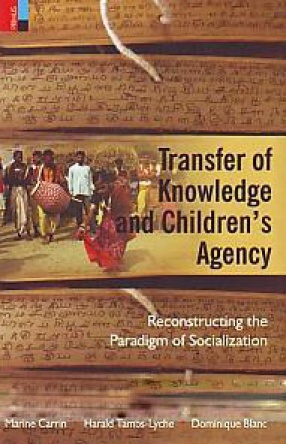
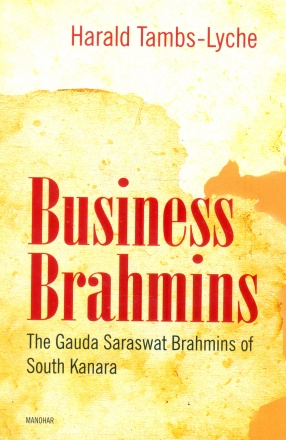
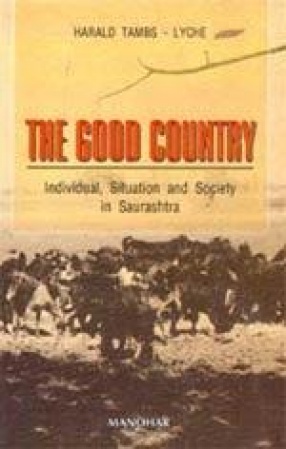

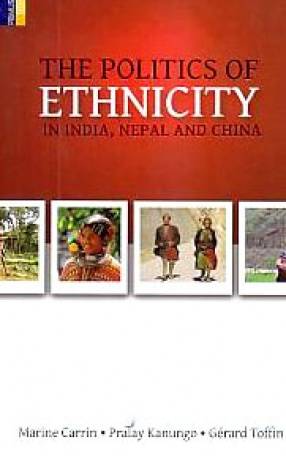
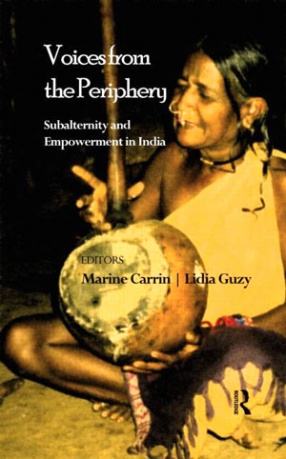

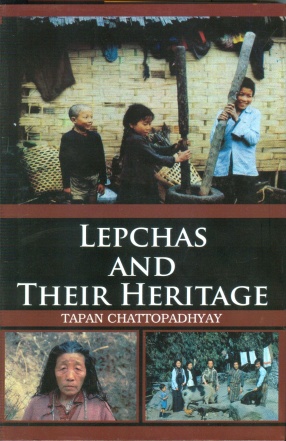

There are no reviews yet.